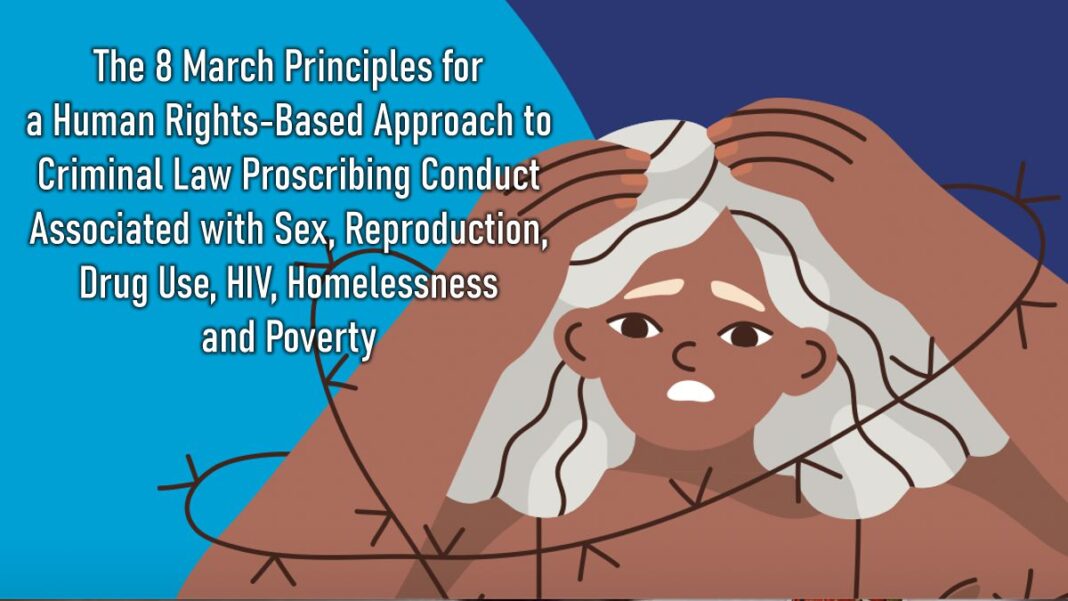
In March, UNAIDS and the Office of the High Commissioner for Human Rights (OHCHR), two agencies within the United Nations, along with the International Committee of Jurists (ICJ) published a group of “new legal principles” that would advance “decriminalization efforts” globally, and principal 16 stated “sexual conduct involving persons below the domestically prescribed minimum age of consent to sex may be consensual.”
The principles were the product of a 2018 workshop between the three organizations and developed over the next five years “based on feedback and reviews from a range of experts and stakeholder,” according to the UNAIDS website. The principles’ goal was to push decriminalization globally for a wide range of actions, including sexual conduct.
Principle 16, titled “consensual sexual conduct, read, “Consensual sexual conduct, irrespective of the type of sexual activity, the sex/ gender, sexual orientation, gender identity or gender expression of the people involved or their marital status, may not be criminalized in any circumstances. Consensual same-sex, as well as consensual different-sex sexual relations, or consensual sexual relations with or between trans, non-binary and other gender-diverse people, or outside marriage — whether pre-marital or extramarital — may, therefore, never be criminalized.”
“With respect to the enforcement of criminal law, any prescribed minimum age of consent to sex must be applied in a non-discriminatory manner. Enforcement may not be linked to the sex/gender of participants or age of consent to marriage.
“Moreover, sexual conduct involving persons below the domestically prescribed minimum age of consent to sex may be consensual, in fact, if not in law. In this context, the enforcement of criminal law should reflect the rights and capacity of persons under 18 years of age to make decisions about engaging in consensual sexual conduct and their right to be heard in matters concerning them. Pursuant to their evolving capacities and progressive autonomy, persons under 18 years of age should participate in decisions affecting them, with due regard to their age, maturity and best interests, and with specific attention to non-discrimination guarantees.”
The Law and Policy Director at ICJ, Ian Seiderman, said, “Criminal law is among the harshest of tools at the disposal of the State to exert control over individuals…as such, it ought to be a measure of last resort however, globally, there has been a growing trend towards overcriminalization. We must acknowledge that these laws not only violate human rights, but the fundamental principles of criminal law themselves.”
According to the ICJ website, the group is “Composed of 60 eminent judges and lawyers from all regions of the world.”
“The International Commission of Jurists promotes and protects human rights through the Rule of Law, by using its unique legal expertise to develop and strengthen national and international justice systems,” according to their mission statement. The principles were published in a document titled The 8 March Principles for a Human Rights-Based Approach to Criminal Law Proscribing Conduct Associated with Sex, Reproduction, Drug Use, HIV, Homelessness and Poverty.
The 8 March Principles for a Human Rights-Based Approach to Criminal Law Proscribing Conduct Associated with Sex, Reproduction, Drug Use, HIV, Homelessness and Poverty PDF
By Joshua Young








